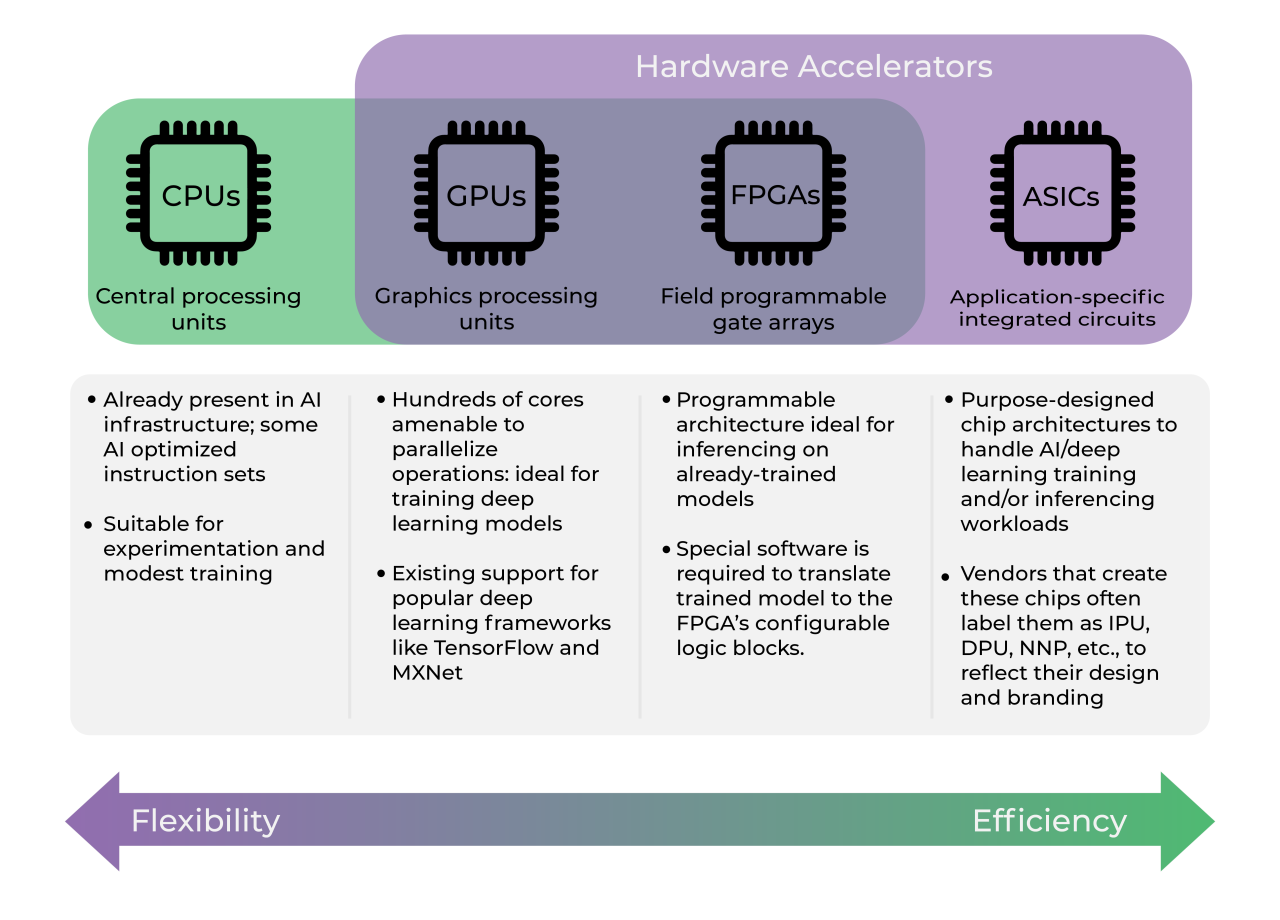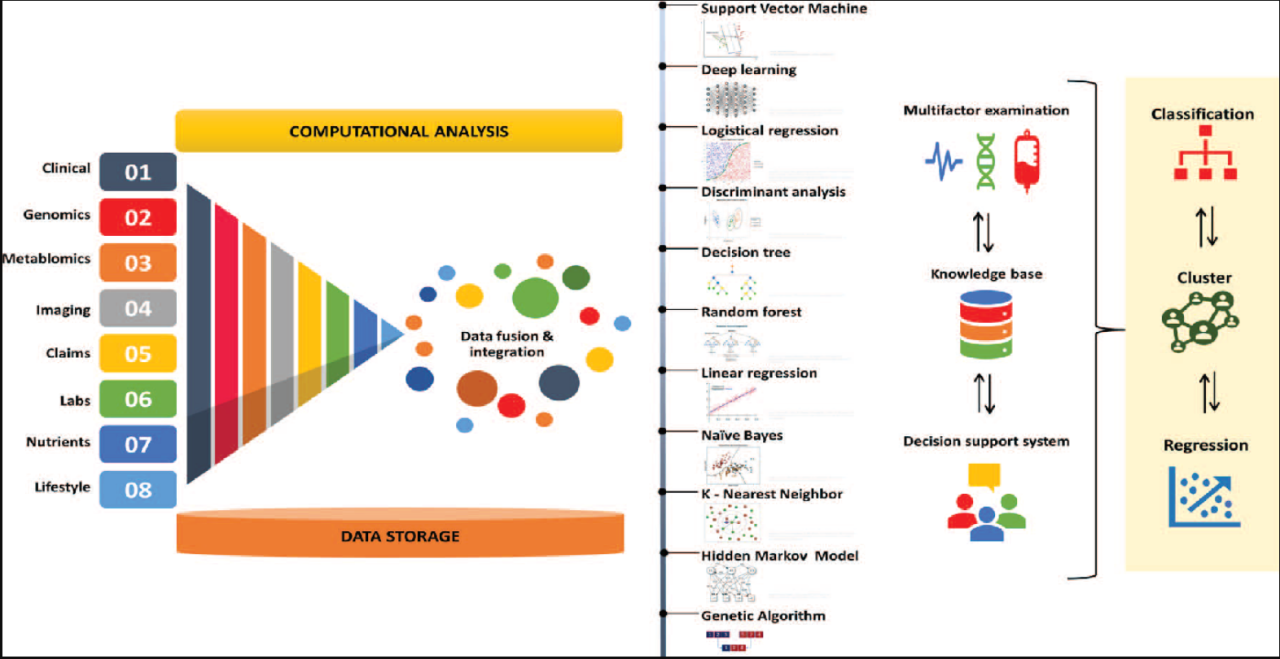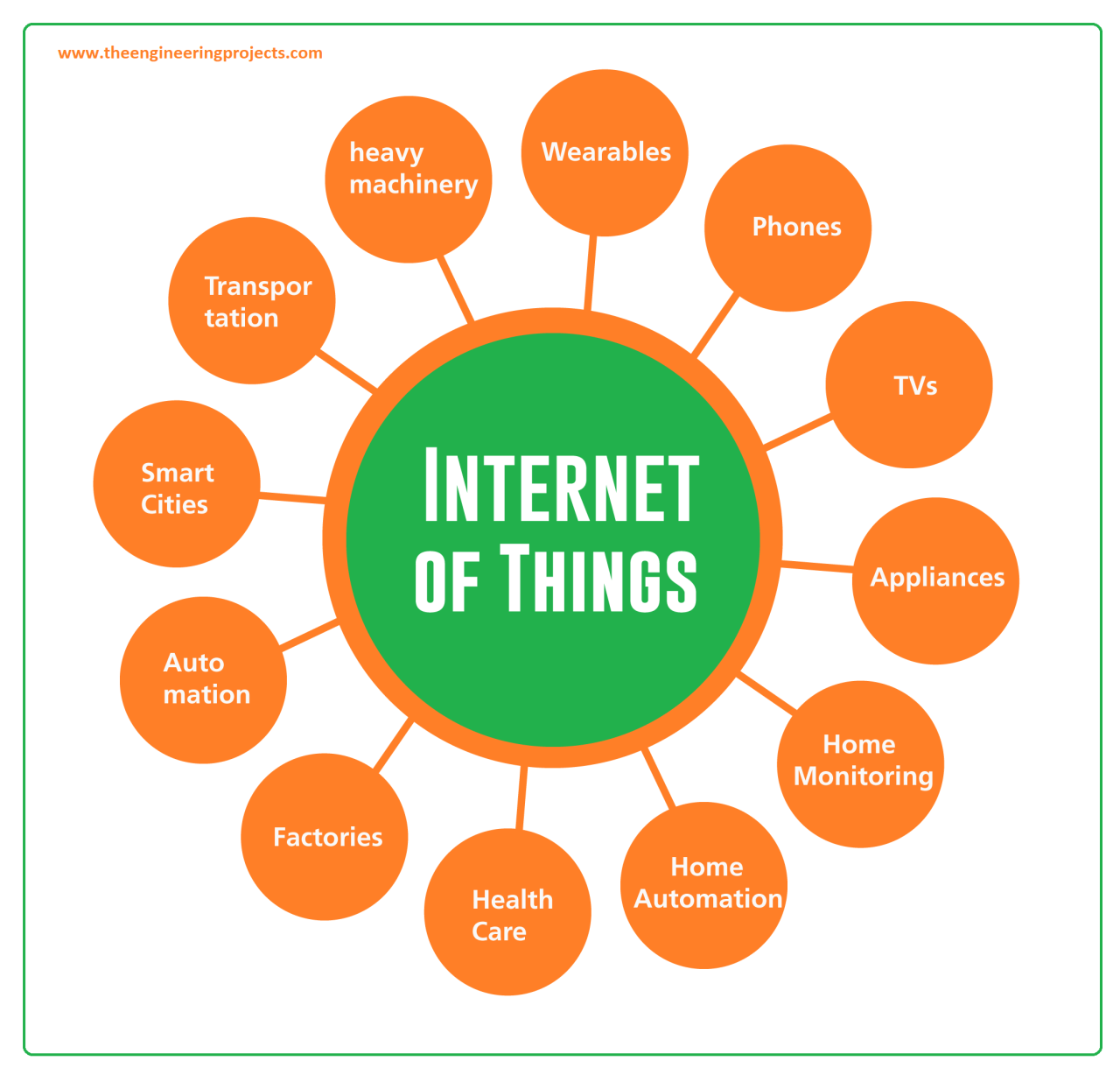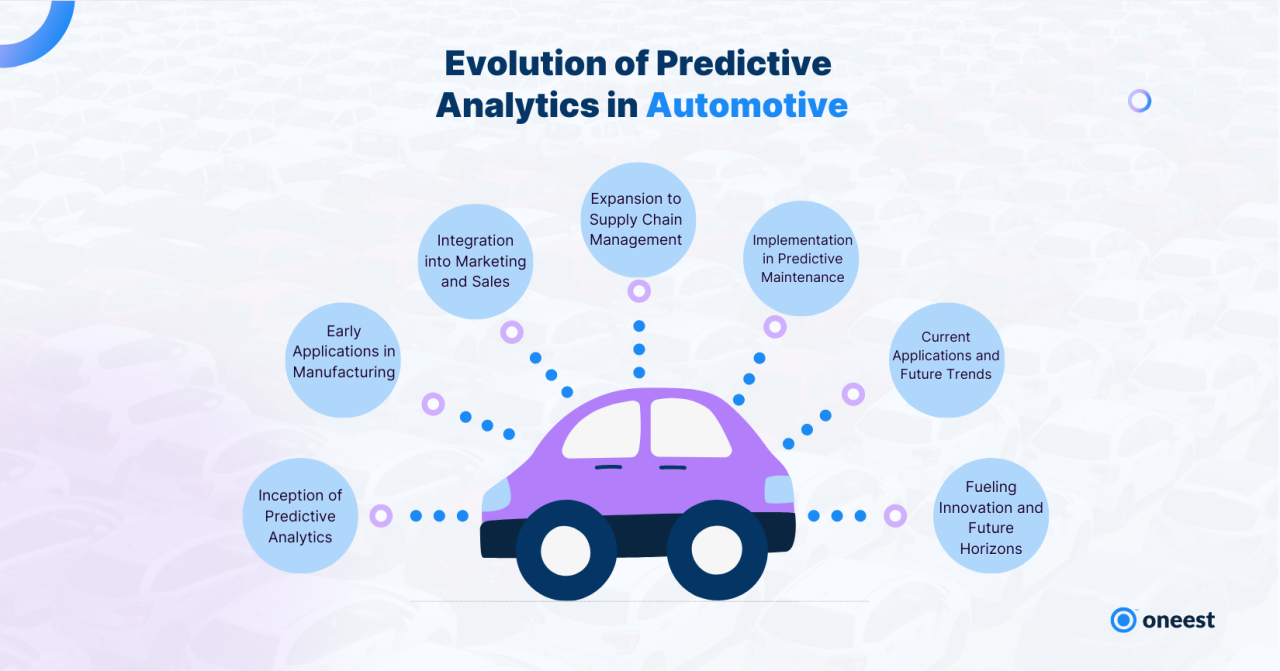Artificial Intelligence In Fashion Industry
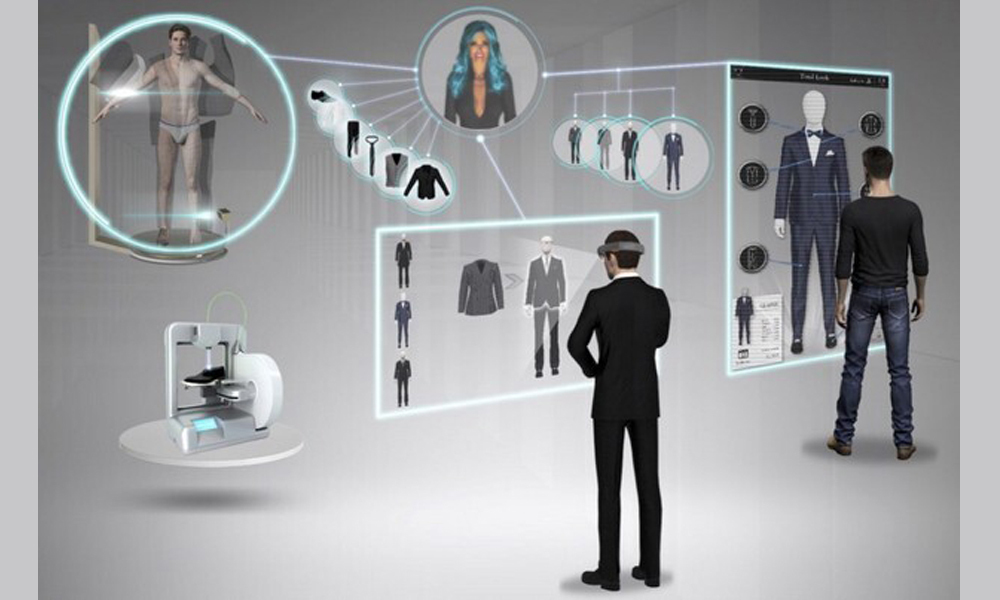
Kicking off with Artificial Intelligence In Fashion Industry, this innovative technology is reshaping the fashion landscape with its transformative capabilities. From design to retail, AI is paving the way for a more efficient and creative industry.
Overview of Artificial Intelligence in Fashion Industry
Artificial Intelligence (AI) is playing a transformative role in revolutionizing the fashion industry. By leveraging AI technologies, fashion businesses are able to enhance various aspects of their operations, from design to manufacturing and retail.
AI in Design
AI algorithms can analyze vast amounts of data to identify trends, preferences, and consumer behavior. This valuable insight allows designers to create more targeted and personalized collections that resonate with their target audience.
AI in Manufacturing
In manufacturing, AI-powered systems can optimize production processes, reduce waste, and improve efficiency. Predictive maintenance powered by AI can help prevent machinery breakdowns, ensuring a smoother production flow and minimizing downtime.
AI in Retail, Artificial Intelligence In Fashion Industry
AI is revolutionizing the retail experience by providing personalized recommendations, virtual try-on solutions, and efficient inventory management. Chatbots powered by AI can engage customers, answer inquiries, and provide assistance, enhancing the overall shopping experience.
AI-Powered Design Tools
AI-powered design tools have revolutionized the fashion industry by providing designers with advanced technologies to enhance their creative processes and efficiency. These tools utilize artificial intelligence algorithms to generate designs, patterns, and color combinations, enabling designers to explore innovative ideas and create unique collections.
Use of AI in Creating Designs, Patterns, and Color Combinations
AI algorithms analyze vast amounts of data, including historical trends, consumer behavior, and market preferences, to generate design concepts, patterns, and color combinations. By utilizing machine learning and deep learning techniques, AI-powered tools can suggest unique combinations and styles that align with current trends and consumer preferences.
Assistance in Predicting Trends and Consumer Preferences
AI-powered design tools assist designers in predicting future trends and understanding consumer preferences by analyzing social media trends, runway shows, and market data. These tools provide valuable insights into emerging styles, colors, and patterns, helping designers make informed decisions and stay ahead of the competition.
Comparison with Traditional Design Processes
Compared to traditional design processes, AI-powered tools offer greater efficiency and creativity in the design process. While traditional methods rely on manual research and design iterations, AI algorithms can quickly generate multiple design options based on data analysis, saving time and resources. Additionally, AI tools can provide designers with new perspectives and innovative ideas, sparking creativity and pushing boundaries in fashion design.
Personalized Shopping Experiences: Artificial Intelligence In Fashion Industry

AI technology has revolutionized the way customers interact with fashion brands, providing personalized shopping experiences like never before. By leveraging data and machine learning algorithms, AI can offer tailored recommendations, enhance customer interactions, and ultimately improve overall satisfaction.
AI-Driven Recommendations
AI algorithms analyze customer browsing history, purchase behavior, and preferences to provide personalized product recommendations. By understanding individual tastes and styles, brands can offer relevant suggestions, leading to increased customer engagement and loyalty.
Virtual Assistants and Chatbots
AI-powered virtual assistants and chatbots simulate human interaction, guiding customers through their shopping journey. These intelligent tools can answer queries, offer styling advice, and provide real-time assistance, creating a seamless and personalized experience for each shopper.
Brands Implementing AI
- Stitch Fix: This online styling service uses AI algorithms to curate personalized clothing selections based on customer preferences and feedback.
- Amazon: The e-commerce giant utilizes AI to recommend products, predict consumer behavior, and enhance the overall shopping experience for its customers.
- Sephora: The beauty retailer employs AI chatbots to assist customers with product recommendations, skincare routines, and makeup tips, creating a personalized shopping experience.
Supply Chain Optimization
AI plays a crucial role in optimizing inventory management and supply chain operations within the fashion industry. By harnessing the power of artificial intelligence, fashion retailers can streamline their processes, reduce waste, and enhance overall efficiency.
Impact on Reducing Waste and Improving Sustainability
AI helps in reducing waste and improving sustainability in the fashion industry by enabling retailers to better forecast demand, thus minimizing overproduction. With AI-powered algorithms analyzing data on consumer preferences and market trends, companies can produce the right amount of inventory, leading to a reduction in excess stock that often ends up as waste. This not only benefits the environment but also helps businesses save costs and operate in a more sustainable manner.
Enhanced Forecasting and Demand Planning
AI enhances forecasting and demand planning for fashion retailers by leveraging advanced algorithms to analyze vast amounts of data. By considering factors such as historical sales data, market trends, social media interactions, and even weather patterns, AI can provide accurate predictions of consumer demand. This enables retailers to optimize their inventory levels, avoid stockouts, and ultimately improve customer satisfaction. Additionally, AI helps in identifying patterns and trends that may not be apparent through traditional methods, allowing retailers to adapt quickly to changing market conditions and stay ahead of the competition.
FAQ Resource
How is AI revolutionizing the fashion industry?
AI is transforming various aspects of the fashion business, from design to retail, by enhancing efficiency and creativity.
What are some examples of AI applications in the fashion industry?
AI is used in design, manufacturing, and retail to improve processes and offer personalized shopping experiences.
How does AI optimize supply chain operations in fashion?
AI helps in inventory management, reducing waste, improving sustainability, and enhancing forecasting for fashion retailers.
